
Harnessing the Power of Observability May Increase Climate-Friendly Behavior
A team of researchers has found that providing information to others about personal efforts to promote sustainability could increase the adoption of pro-environmental behavior.
YSE News
Search YSE News
The big takeaway is that when people believe that they can share information about their green decisions, this increases their proclivity to make green decisions.”
News in Brief
Bringing Clean Energy Development to Marginalized Communities
The Yale Center for Business and the Environment and the Yale Center for Environmental Justice have launched an online certificate program to help professionals in the clean energy field better participate in a just energy transition. Michel Gelobter, executive director at Yale Center for Environmental Justice, and Stuart DeCew, executive director at CBEY, co-developed the 12-week program.
“We are creating a network of community organizers, energy professionals, local leaders, policymakers, and capital providers to unlock the full potential of the clean energy sector. We aim to equip these individuals with the tools and knowledge to drive impact while we build a collaborative community of like-minded optimists around them,” DeCew said.
The program, designed for long-time and burgeoning energy professionals, will cover foundational energy concepts, environmental and climate justice topics and issues, approaches to energy justice, and the practical aspects of energy project development.
“Through CEED we hope to not only equip learners with the tools and knowledge to address systemic injustices but also to set them up to successfully access the funds and resources available to them,” Gelobter said.
To learn more about CEED and the application process, visit: https://yse.to/cbeyceed
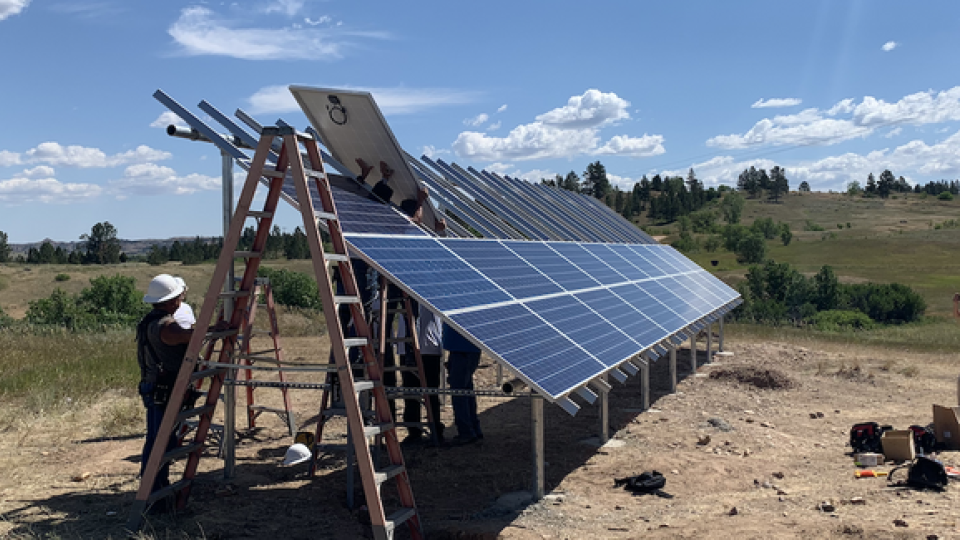
YSE Economist Plays Key Role in Newly Finalized Guidance on Accounting for Ecosystem Services
How do proposed projects such as logging or new pipelines affect the benefits people derive from parks, wetlands, forests, and other natural resources? Until now, there have not been any specific federal guidelines directing agencies on how to assess ecosystems impacts. Eli Fenichel, Knobloch Family Professor of Natural Resources Economics at YSE, played a critical role in a new first-of-its kind guidance finalized by the White House in February, which provides a blueprint to assess how ecosystem services can be enhanced or diminished by federal rules.
Fenichel helped develop the guidance while on leave in 2021 to serve as assistant director for natural resource economics and accounting at the White House Office of Science and Technology Policy (OSTP). The agency, along with the Office of Budget Management (OBM) was tasked by President Biden with modernizing regulatory reviews to incorporate the assessment of natural assets.
“This is an avenue for real change. We’ll have more consistency in rulemaking and regulation around how we think about environmental services. Agencies will take a clearer and more deliberate view of how different rules or different programs create or alter the services people get from the environment and ecosystems,” Fenichel said.
While the value of ecosystems has sometimes been included in federal assessments in the past, there has never been a government wide directive or guidance for all federal agencies to account for costs and benefits of actions that impact natural resources. This omission has led to the “under-valuing and erosion of our natural resources,” said Arati Prabhakar, director of OSTP, and Richard Revesz, administrator for Information and Regulatory Affairs at OMB.
Agencies now must identify direct and indirect impacts on how their proposed actions might affect ecosystem services and establish a no-action baseline and explore alternative options.
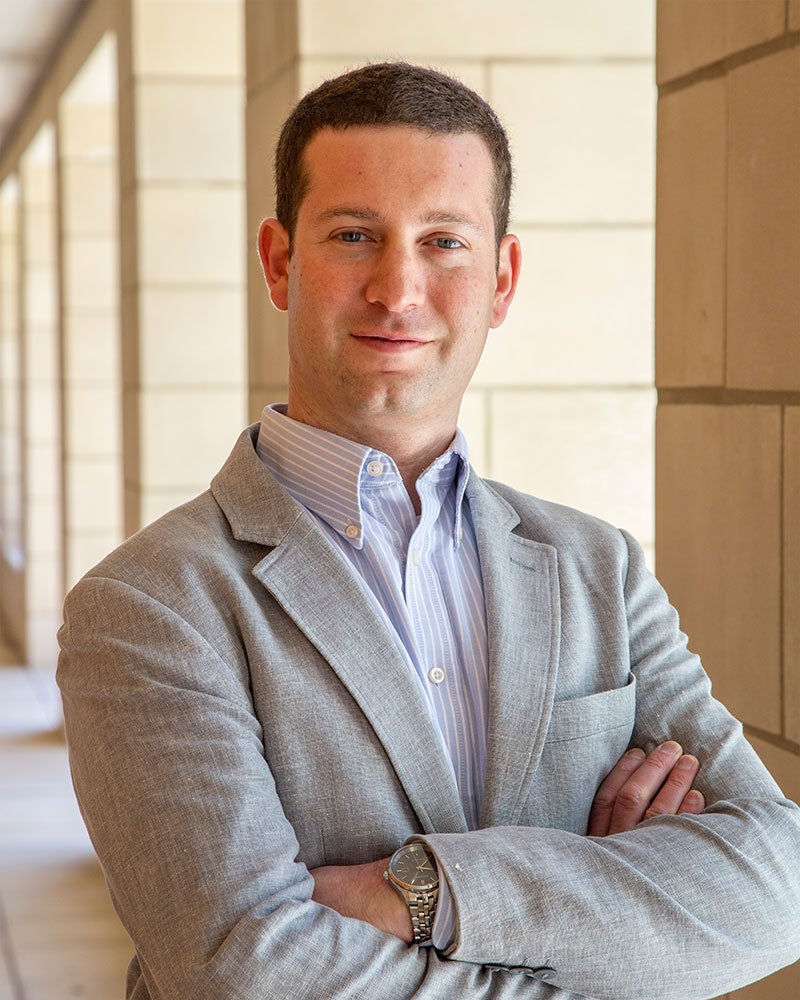
Eli Fenichel
Jaye Wilson Honored with Rising Black Scientist Award
Through her research, YSE student and National Science Foundation graduate research fellow Jaye Wilson aims to improve recycling systems to increase yield for high-value products and help industries develop more sustainable business practices. She shared her scientific goals and how her family, community, and STEM experiences sparked her interest in the field in the essay “Resilient wings, tangible impact: My journey from chrysalis to change-maker in STEM,” which earned her a Rising Black Scientists Award.
“The RBSA is a deeply personal achievement that represents a collective aim for a future where diversity in thought and background is not just recognized but celebrated as the bedrock of academic and societal advancement,” Wilson said. “For me, it is a beacon of encouragement to continue being a restorative force in my field, fostering creativity and innovative thinking.”
The award, first established in 2020 and given by Cell Press, Cell Signaling Technology (CST), and the Elsevier Foundation, provides funds to support professional development for talented and motivated Black Scientists. Winners have their essays published in iScience and receive $10,000 to support their research as well as a $500 travel grant.
“Through their stories and accomplishments, this year’s winners of the Rising Black Scientists Awards are examples of excellence to us all,” said John Pham, editor-in-chief of Cell. “My colleagues and I at Cell Press are inspired by them, and we are proud to be sharing their stories.”
Wilson and her fellow honorees, Kevin Brown Jr. of California State University San Marcos; Senegal Mabry of Cornell University; and Akorfa Dagadu of the Massachusetts Institute of Technology, were chosen from more than 350 applicants from across the life, health, physical, and earth, environmental, and data sciences.
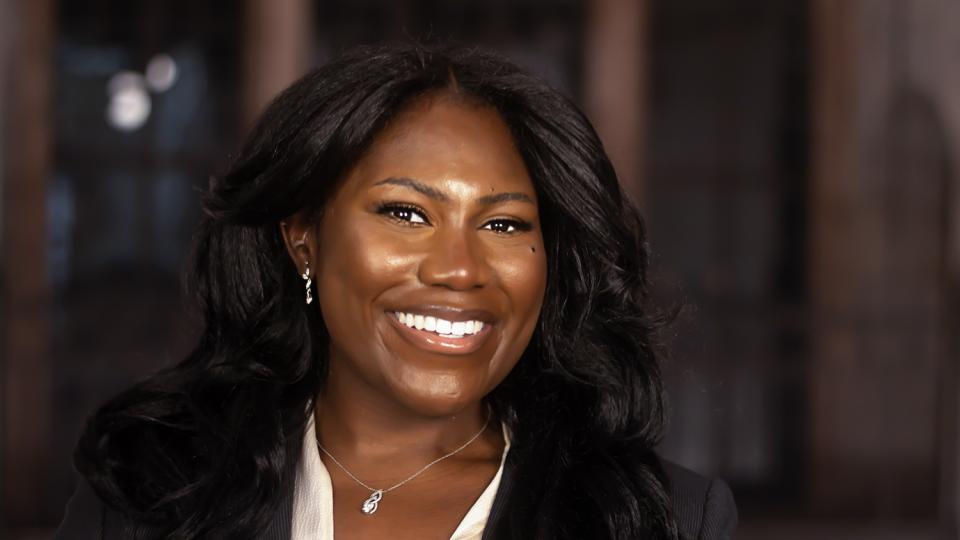
Saving Tropical Forests
About 60% of the world’s tropical forests, which store 25% of the world’s total carbon, are degrading, according to the Wildlife Conservation Society. Less than half remain at high integrity. At the 30th annual International Society of Tropical Foresters conference held at YSE’s Kroon Hall February 2-3, conservationists examined the drivers of deforestation, how carbon and diversity markets can sustain them, and progress in protecting them.
At the first day of the conference, which convened academics, practitioners, policy makers and community leaders from around the world, Marthe Tollenaar, ESG director at SAIL Ventures, a boutique investment firm based in The Hauge and Sao Paulo, noted how &Green Fund is helping to create returns on biodiversity credits, which she said are as attractive as conventional investments. Currently, she said, companies fund credits through their foundations instead of integrating them into their balance sheets and anticipating a return on investment.
While deforestation has slowed in the Amazon under President Luiz Inácio Lula da Silva’s presidency, Ane Alencar, science director for IPAM, a research based environmental NGO in Brazil, said that more than half of deforestation occurred on public lands in 2021-2022 where forest clearance went unpunished. She said that land tenure, not agriculture is the biggest driver of clearing forests. In Indonesia, which has the largest expanse of rainforests in Asia, a drop in palm oil prices may have been a larger factor in slowing deforestation than government regulation, increased land security, sustainability efforts, and corporate commitments to conservation, said Kimberley Carlson, a land systems scientist and associate professor at New York University.
The Yale chapter of ISTF was established in 1992 and is housed at The Forest School at YSE. The annual conference is the longest running student-led conference at Yale.
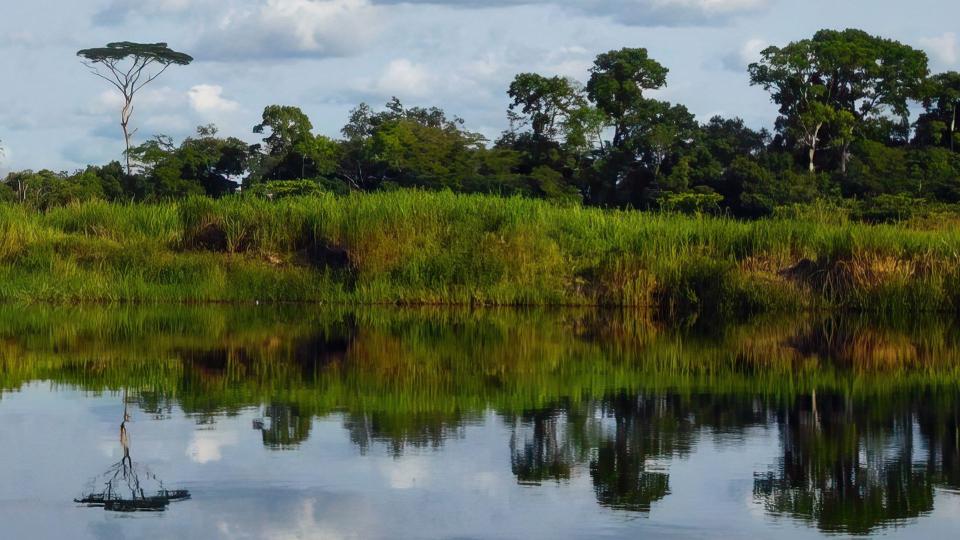
Media Inquiries and Communications Contacts
Paige Stein, Chief Communications and Marketing Officer, paige.stein@yale.edu
Editorial
Fran Silverman
Associate Director of Communications
fran.silverman@yale.edu
Bree Shirvell
Assistant Editor
bridget.shirvell@yale.edu
Design/Multimedia
Angela Chen-Wolf
Director of Design
angela.chen-wolf@yale.edu
Joe Dwyer
Multimedia Specialist
joseph.dwyer@yale.edu
Web Operations
Matthew Garrett
Director of Web Operations
matthew.garrett@yale.edu
Mike Slattery
Associate Director of Web Operations
mike.slattery@yale.edu




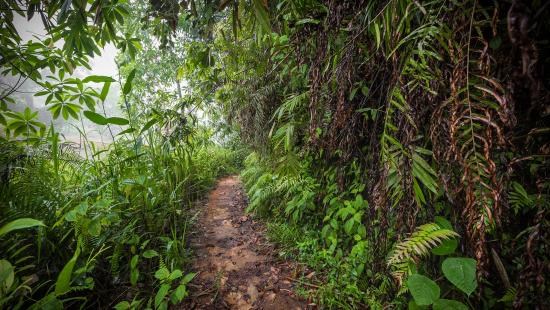


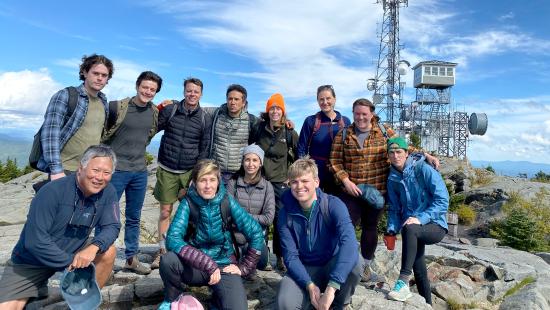
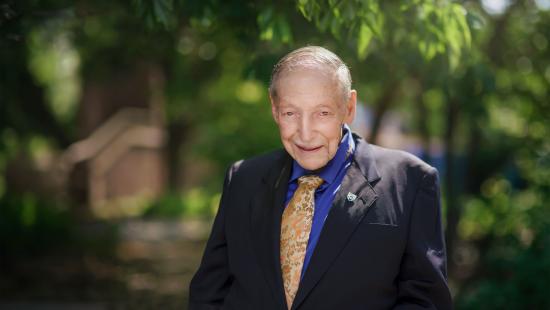
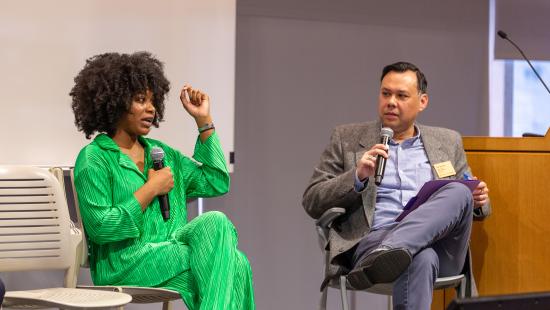



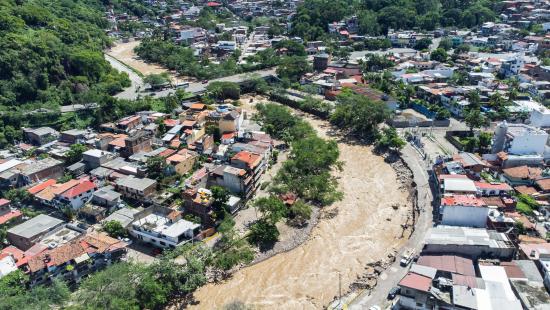
Social Media